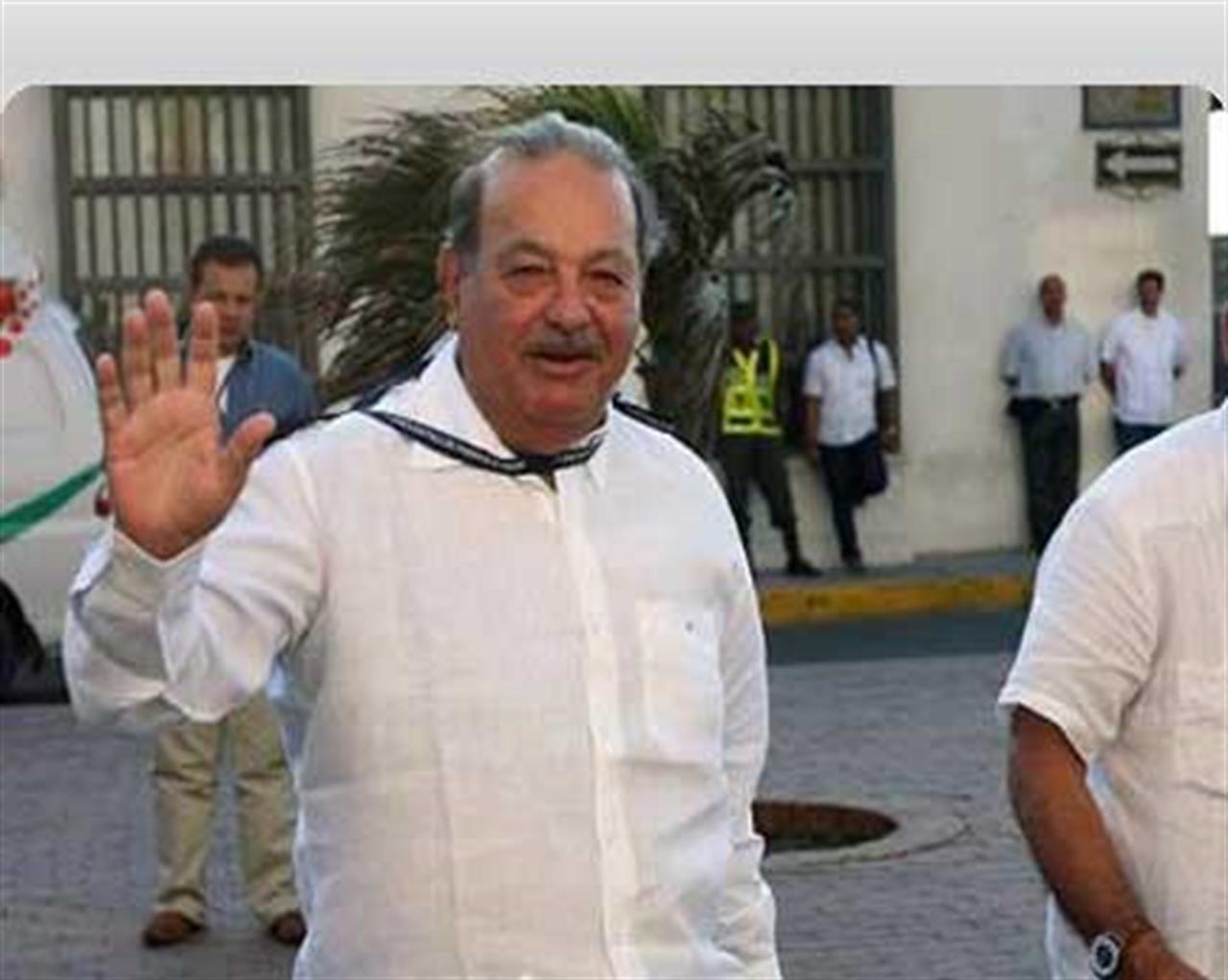The richest man in the world is no longer American, but Mexican. Does this signify, beyond a sign of the developing world’s wealth, a potential shift in philanthropy?
Nowadays, simply enunciating the name Bill Gates –the man to have famously preceded Carlos Slim Helu in topping Forbes’ billionaire list – is synonymous with charitable work as much if not more than with entrepreneurial success.
Gates actually quit his day job in June 2008 to dedicate himself full-time to his Bill & Melinda Gates Foundation: the largest transparently operated charitable foundation in the world with a reported $34-billion budget.
It is clear that Gates’ giving will have strongly contributed to his losing out in the Forbes ranking, but still, with $53.5-billion, the Mexican telecommunications investor Carlos Slim Helu has edged out Bill Gates as the top billionaire.
Forbesmagazine also noted that Brazil, Russia, and Turkey experienced significant growth in the number of the extremely wealthy.
America is still home to the largest number of billionaires (403), but the growing personal assets in other places could lead to big giving too with perhaps new forms of philanthropy as well as new zones of attraction emerging
The potential philanthropy windfall means that charities worldwide will be widening their scope of aim to try and attract donors. The broadening of horizons could pave the way for a future of new giver-receiver relations.
As for Slim, although he has at times questioned the ability of charitable giving to solve big social problems in Mexico, he has pledged part of his fortune to charity.
In 2007, he said he would increase his foundation’s endowment from $4-billion to $10-billion by 2011. Last year, as the recession sapped much of Mexico’s philanthropy, he promised to give more to hard-hit charities.
Slims’ enterprises stretch wide and far: last year, he announced a $250 million investment in The New York Times.
Not everyone is pleased by the Forbes findings. Some Mexicans argue the concentration of wealth is bad for a country where 50 million live in poverty.
“He was intelligent enough to get to where he is, while we, as a people, have never known how to unite ourselves,” 17-year-old student Manuel Santibanez told the Associated Press.
Whatever their attitude toward Slim, Mexicans have learned to live under the tycoon’s long shadow. No doubt the world will too.
Go to Vita Europe article on Bill Gates’ charitable investments
Vuoi accedere all'archivio di VITA?
Con un abbonamento annuale potrai sfogliare più di 50 numeri del nostro magazine, da gennaio 2020 ad oggi: ogni numero una storia sempre attuale. Oltre a tutti i contenuti extra come le newsletter tematiche, i podcast, le infografiche e gli approfondimenti.

